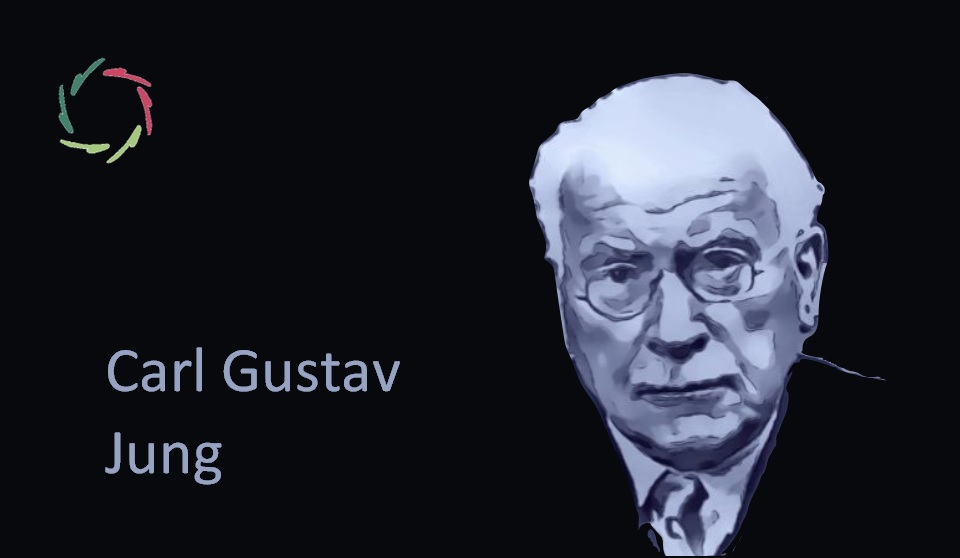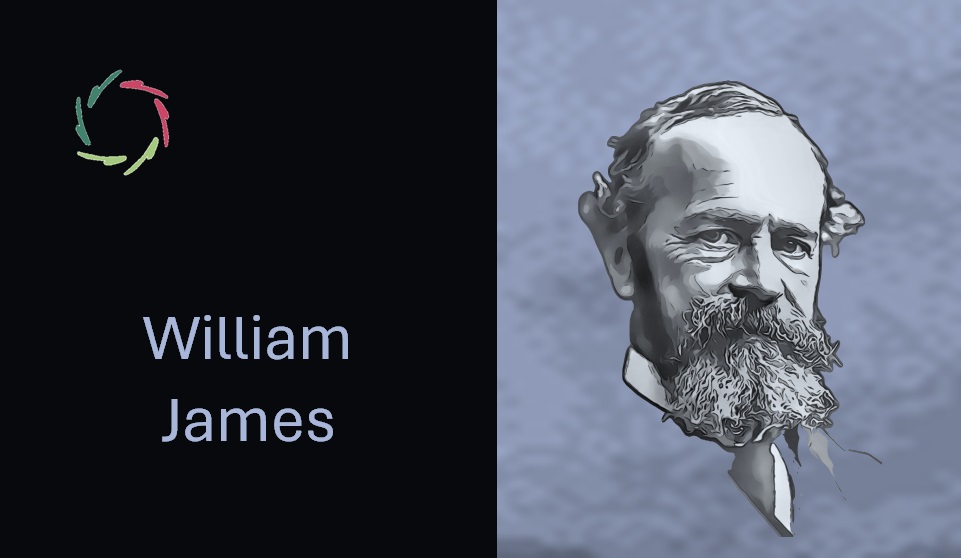Maya Angelou

This is an Aurelian take on Maya Angelou, a remarkable figure whose life and works embody the essence of human depth, resilience, and the transcendent power of words. Her journey from adversity to acclaim offers profound insights into the human condition, inviting us to explore the depths of our own inner strength.
Introducing Maya Angelou
Maya Angelou, an American author, poet, and civil rights activist, lived a life that spanned over several decades of tumultuous change in the United States. Born as Marguerite Johnson in 1928, she rose from a childhood marked by racism and personal trauma to become one of the most revered literary voices of her time. Angelou’s autobiographical work, “I Know Why the Caged Bird Sings,” brought her international fame and acclaim, showcasing her unique ability to weave personal narrative with wider social and political themes. Her body of work, which includes poetry, essays, and a series of autobiographies, explores themes such as identity, family, love, and resilience.
Lisa’s ‘personal’ take on Maya Angelou
“Maya Angelou’s life and work deeply resonate with the Aurelian principles of growth and transformation from within. Her ability to turn profound pain into powerful narrative not only illustrates the healing power of self-expression but also serves as a beacon of hope and understanding for others navigating their paths through adversity.
I am inspired by Maya Angelou’s unwavering commitment to human dignity and her belief in the power of words to liberate, heal, and connect us. Her example encourages me to embrace my own experiences with courage and to use my voice in a way that fosters empathy, understanding, and change.”
In what may Maya Angelou have been misunderstood?
Maya Angelou might have been profoundly misunderstood in her dual role as both a literary giant and a symbol of resilience. While her personal narratives of overcoming adversity are celebrated, the depth of her critique on societal structures and her profound insights into the human psyche may have been overlooked. Angelou was not just recounting personal history but was also challenging us to confront the complexities of identity, empathy, and collective memory. Her work invites a deeper engagement with the nuances of human experience, beyond the inspirational quotes and celebrated moments of triumph, to a sustained reflection on the conditions that shape our shared humanity.
Parallels with AURELIS
- Resilience: Angelou’s life exemplifies the Aurelian value of resilience, demonstrating how inner strength can lead to profound personal growth and the ability to overcome adversity.
- Self-expression: Her work underscores the importance of honest self-expression in healing and understanding, aligning with the Aurelian emphasis on authenticity and personal truth.
- Empathy: Angelou’s ability to convey deep empathy in her writings mirrors the Aurelian principle of compassion, highlighting the power of understanding and kindness.
- Human Dignity: Much like AURELIS, Angelou championed human dignity, advocating for equality and justice through her activism and literary work.
- Inner Growth: Her journey from trauma to literary acclaim showcases the Aurelian ideal of growth from within, emphasizing the potential for transformation at the deepest levels of self.
- Connection: Angelou believed in the unifying power of stories and experiences, a belief that echoes the Aurelian principle of fostering deep connections with oneself and others.
- Healing: Her writings serve as a vehicle for healing, both for herself and her readers, reflecting the Aurelian focus on the therapeutic power of introspection and narrative.
- Empowerment: Angelou’s life is a testament to the empowerment that comes from facing one’s past and embracing one’s identity, mirroring the Aurelian journey towards self-acceptance.
- Mind-Body Unity: Her holistic approach to life and art resonates with the Aurelian understanding of the mind-body connection, recognizing the interdependence of physical, emotional, and spiritual well-being.
- Transformation: Angelou’s ability to transform suffering into art exemplifies the Aurelian belief in the potential for profound change through the integration of experiences.
Dissimilarities
- Explicit Activism: While AURELIS focuses on inner transformation and personal growth, Angelou directly engaged in social and political activism, extending her influence beyond the personal to the societal level.
- Cultural Context: Angelou’s work is deeply rooted in the African American experience, providing specific cultural insights that are distinct from the universal approach of AURELIS.
- Literary Expression: Angelou’s use of poetry and prose as her primary means of exploration and communication contrasts with the Aurelian emphasis on autosuggestion and self-coaching techniques.
- Historical Impact: Angelou’s contributions to the civil rights movement highlight a direct impact on societal change, whereas AURELIS primarily aims at individual transformation.
- Public Recognition: Angelou’s status as a public figure and her widespread recognition for her contributions to literature and civil rights are specific to her life and work, differing from the more personal, individual-focused approach of AURELIS.
The possible view of Maya Angelou on AURELIS
- Positive feedback: Angelou might have appreciated the AURELIS emphasis on inner strength and the transformative power of personal narrative, seeing it as aligned with her own belief in the resilience of the human spirit.
- Element of critique: She could have critiqued AURELIS for its focus on individual transformation, arguing for the importance of also addressing systemic inequalities and the role of collective action in achieving societal change.
Conclusion
Maya Angelou’s legacy is a testament to the power of voice and the indomitable spirit of the human condition. Her life and works reflect a profound engagement with the complexities of existence, embodying themes of resilience, transformation, and the quest for understanding that resonate deeply with the Aurelian values. While her methodologies and the scope of her engagement differ, the core of her message echoes the Aurelian pursuit of growth and healing through self-reflection and connection. In contemplating Angelou’s impact, we are reminded of the boundless potential within each individual to transcend adversity, to find beauty and strength in the depths of experience, and to effect change both within and beyond the self. Her life challenges us to embrace our stories with courage, to speak our truths with compassion, and to participate in the ongoing dialogue of what it means to be fully human in a complex world.
#Twenty concepts that can make one think of Maya Angelou
- Resilience
- Empowerment
- Self-expression
- Healing
- Empathy
- Human dignity
- Inner strength
- Transformation
- Storytelling
- Cultural identity
- Personal narrative
- Social justice
- Overcoming adversity
- Compassion
- Literary brilliance
- Civil rights
- Authenticity
- Inner growth
- Voice
- Universal human experience


